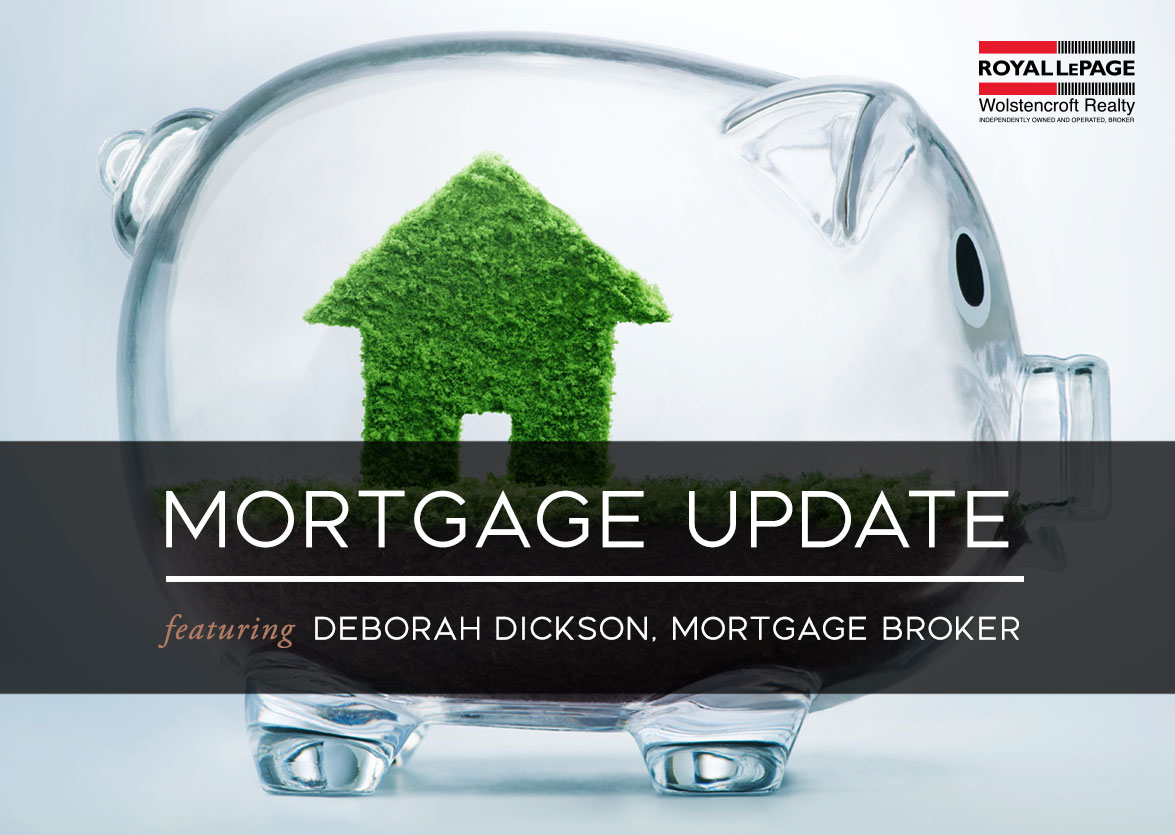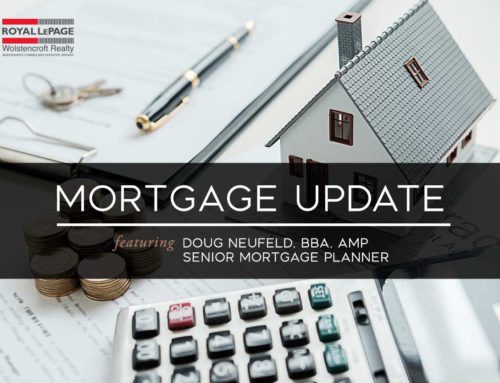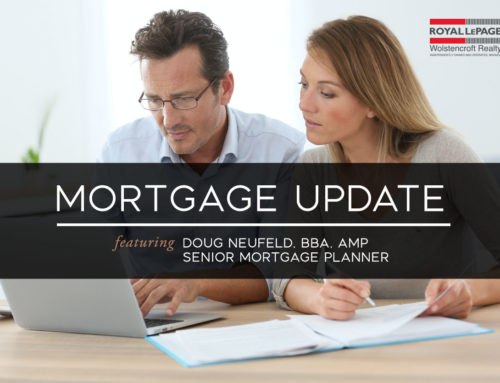1. Too Much Debt
Too much debt is a red flag to lenders that you may not be able to handle credit responsibly. The biggest problem with debt is how it effects your overall debt servicing. Lenders will look at what debt you carry and what percentage of income it takes to cover this debt. Debt servicing ratios are the most important indicator in how much of a mortgage you will qualify for. Lenders look at two ratios, GDS and TDS. Gross Debt Servicing, your monthly housing costs are generally not supposed to exceed 32% of your gross income. Total Debt Servicing, your entire debt load including your monthly housing cost are not supposed to exceed 42% of your gross monthly income. These are general guidelines and some lenders go to 39% GDS and 44% TDS. To help clients qualify for a larger purchase price, we may take a portion of their down payment and use that to pay off a car loan or their credit cards to fee up room in their debt servicing.
2. Poor Credit History
When you are late on your credit card payments, go over limit, or miss a car loan payment, this affects your credit score. Lenders make monthly reports to the credit bureau so this is an excellent way for mortgage lenders to see if you are a good credit risk. CMHC has very strict guidelines around credit scores. Making your payments on time is a very important part of being able to get a good rate on your mortgage. If you have poor credit you may be in a position where you will need to have a much larger down payment and pay a higher interest rate on your new mortgage
3. Insufficient Income and Assets
With the high price of homes in the lower mainland you will need a very good annual income to qualify for a mortgage. Unfortunately, the recent additions of the Stress Test has not helped this. This can be particularly hard for self-employed clients who need to qualify off of a 2 yr average of their net income. Salaried clients can use their gross income to qualify. It’s important for clients to make sure their taxes are up to date when they apply for a mortgage, lenders will need to see them and see that income taxes have been paid.
4. Down Payment is Too Small
You can qualify for a mortgage with as little as 5% down but it will have to be insured with CMHC. If you have 20% down you can avoid CMHC and we will have a little more flexibility with lenders. With a 35% down payment, we will have even more flexibility, and in many cases have access to B lenders or Private lenders. If you have 20% or more down payment you can also have 30 or 35 year amortization on your mortgage to make your payment more affordable.
5. Inadequate Employment History
Self employed clients need a minimum of 2 years of tax returns completed in order to qualify for a mortgage. For clients that are T4’d we will need a job letter to confirm salary along with a T4 and pay stubs. If the job is new, we will need to confirm they are not on probation. If the client has overtime income or commission, we will need a 2 yr average of the income to qualify them. If no 2 year average is available, we will have to use their base salary.
Keeping these 5 categories in check and in mind is the best way to get yourself in a great mortgage position. If you’re not sure where YOU stand, we are all here to answer your questions and find solutions! If you have questions about this specific topic please call me at 604-341-7778
Contributed by:
Deborah Dickson
Mortgage Broker
Email: d.dickson@dominionlending.ca
Cell: 604-341-7778
Fax: 604-856-8156





